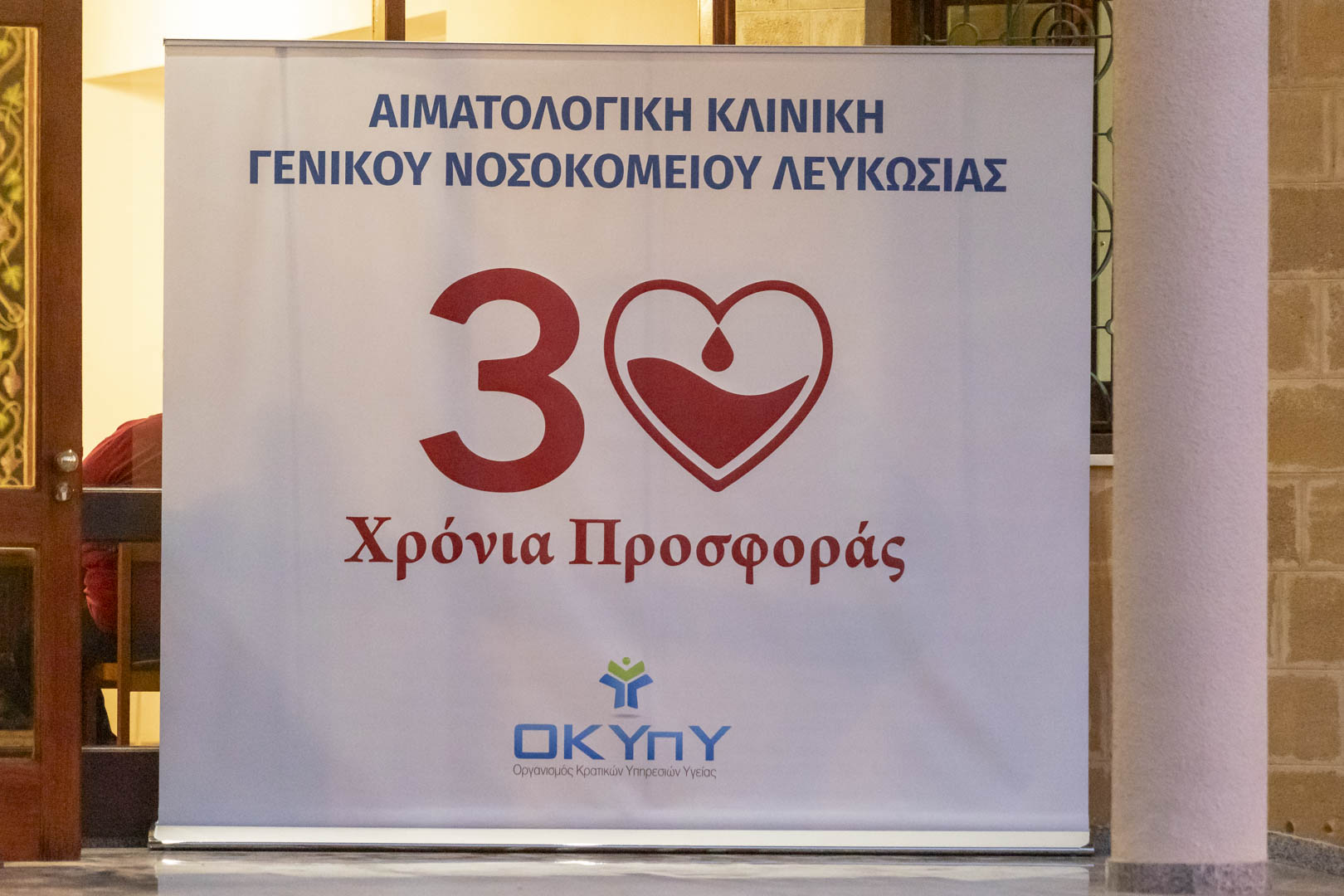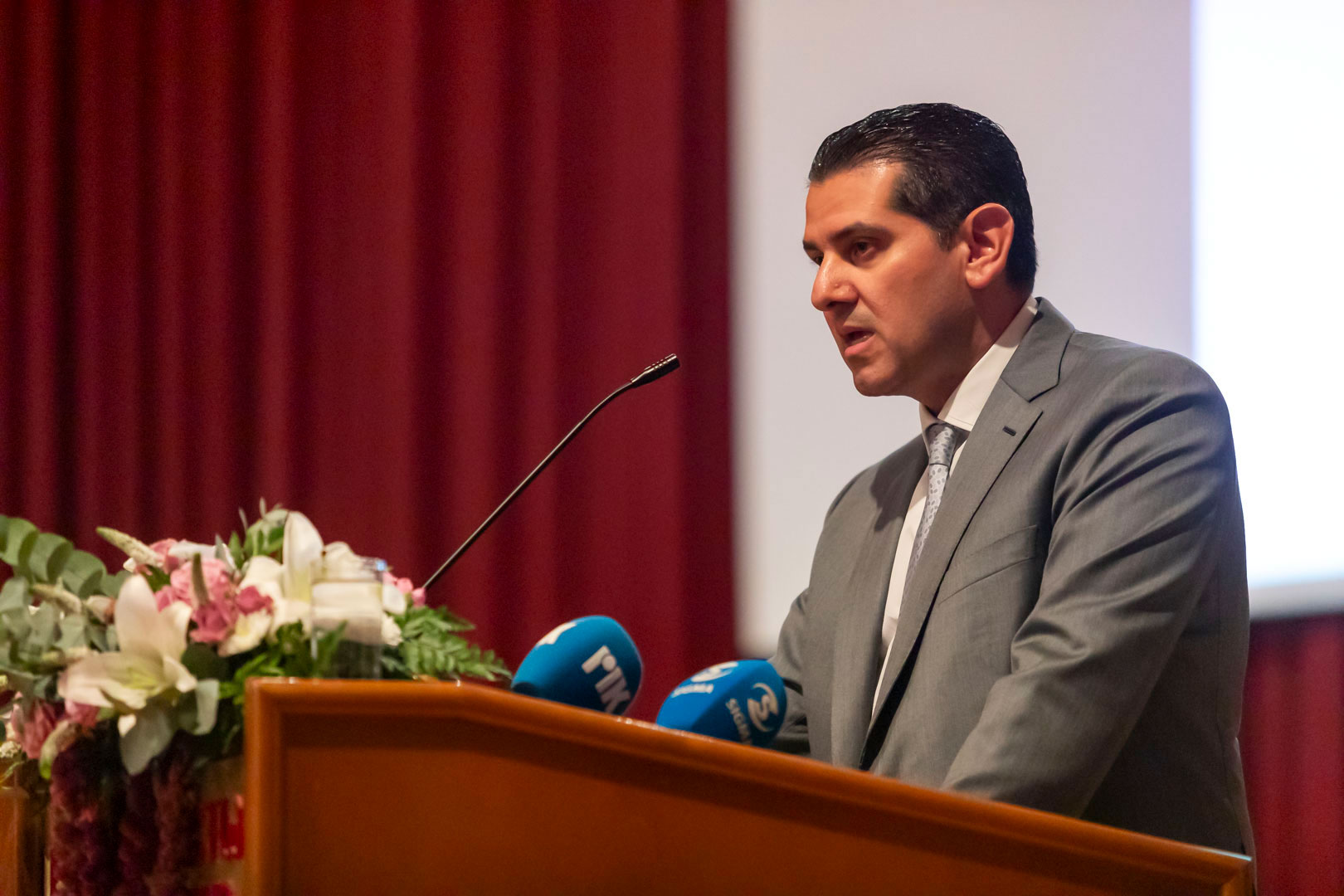Health Minister Michael Damianos said on Friday that people with thalassaemia account for 34 per cent of all blood transfusions in Cyprus.
Speaking at a press conference ahead of the launch of a national blood strategy, Damianos warned that Cyprus – like many other European countries – faces significant challenges in maintaining adequate supplies of blood and blood products.
“Among these are the gradual reduction of the number of age-appropriate blood donors, young people leaving the island to study abroad, the low birthrate and stricter EU criteria for donors,” the minister said.
He added that emergency health situations, such as pandemics or epidemics, adversely impacted the availability of donors.
In Cyprus, the service responsible for blood donations is the Blood Centre, which implements EU standards and World Health Organisation guidelines.

“Transfusions of blood and its derivatives is not just a medical procedure, but a crucial therapeutic intervention that covers a wide range of clinical conditions,” Damianos said.
He also pointed out that the national blood donation council has contributed to drafting the national blood strategy and that the guidebook on the proper use of blood was based on documented international practices.
He added that a new EU regulation on substances of human origin has been approved, giving Cyprus until August 7, 2027 to fully comply.
The regulation aims to strengthen solidarity and ensure high, harmonised safety and quality standards for all such treatments.
“Our aim is not just to maintain, but to further enhance, in every possible way, Cyprus’ top ranking on a European level, regarding the high level of blood collection from our donors, the exceptionally low residual risk of transmitting infectious agents, the quality of blood and its components, and its self-sufficiency based exclusively on voluntary, unpaid practices,” Damianos added.






Click here to change your cookie preferences